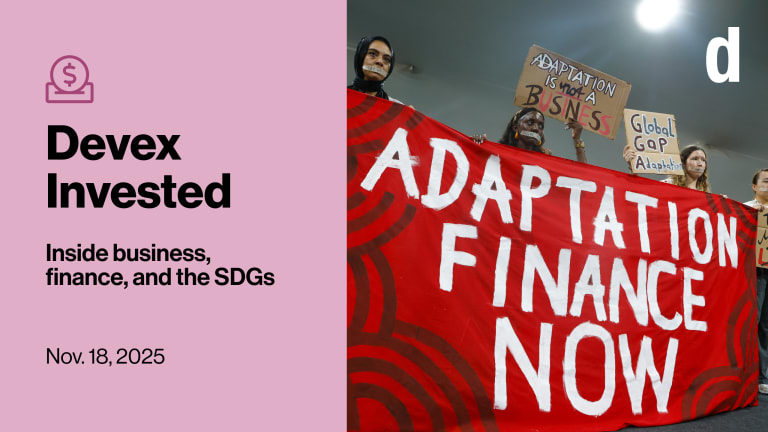
The Earth is fragile and changing, and no single government has sufficient resources to help communities fully adapt to the changes and then recover after an environmental disaster. It is a growing but ominous reality. The cost and number of climate related disasters is rising. The total cost of the damage from environmental disasters between 2005 and 2014 was more than $1.4 trillion.
More and more families globally are losing homes, in a matter of minutes, through disasters that damage land. These can range from forest fires and hurricanes to flash floods and droughts. Degraded land is highly vulnerable to such extreme and erratic weather events. While the death toll from such disasters may be falling, the impoverishment and collapse of communities following these disasters have long-term consequences.
People living on such land have little chance of recovery. With more than 1.3 billion people living on degrading land, the potential for forced mass migration and internal displacement following a disaster is high. In 2017, for example, 18.8 million people in 134 countries were displaced by disasters. This is more than the number of people who were displaced by conflict in the same year. These are increasingly explosive political issues today.
Private capital will need to evolve to help deliver long-term resilience and sustainable economic development. As investors, we can make sure our investments serve the planet and that our governments encourage private funds to invest in our futures.
In that sense, land restoration is an untapped, profitable, and potentially multibillion dollar industry. More than 500 million hectares, of the over 2 billion degraded hectares, can be quickly and relatively easily restored to good health and productivity. It is cost effective too. So far, the private sector has not fully grasped the need or the opportunity.
We know the private sector can be profitable and at the same time help meet the daily needs of poor and climate vulnerable communities. We also know that the choices the private sector makes now will have a bearing on the survival of humankind.
This reality motivated us to work together to set up the Land Degradation Neutrality Fund. There is nothing like it anywhere. The main targets are private institutional investors, including pension funds, who are investing for the long term.
With time, their investment will be used to recover or restore degraded land. The productivity of the restored land, in turn, will produce a return for the investor. In the LDN Fund design, public funds are provided to underwrite the risk the private investors are taking.
In the first year, public and private impact investors have committed up to $100 million. More than 140 projects have been assessed. The strong interest by investors signals the appetite to invest in better land management. The longer term target is for public and private investors to raise $300 million to finance such innovative activities.
The benefits of promoting sustainable land management and land use planning to make families and communities more resilient to climate change cannot be over-emphasized. Public finance will not suffice. However, good policy can motivate business to step into the world of sustainable land management. There is an appetite and a high potential for success. Together, we can deliver a future worth investing in.











